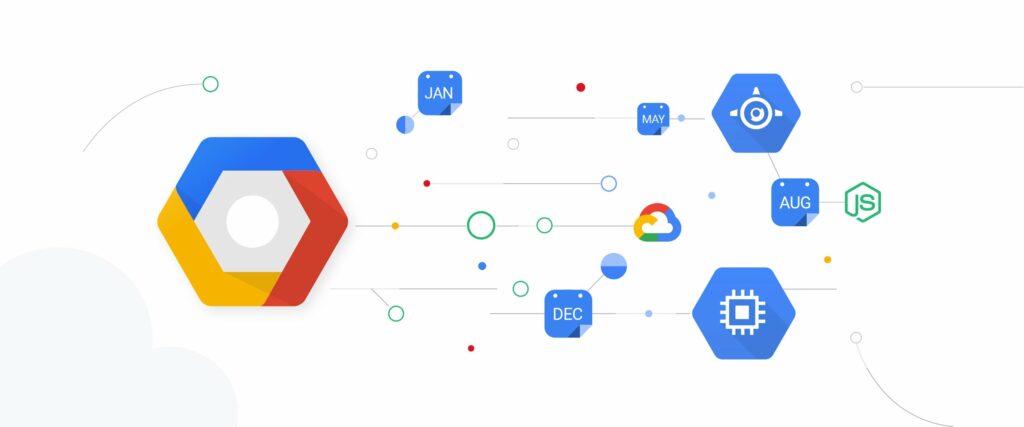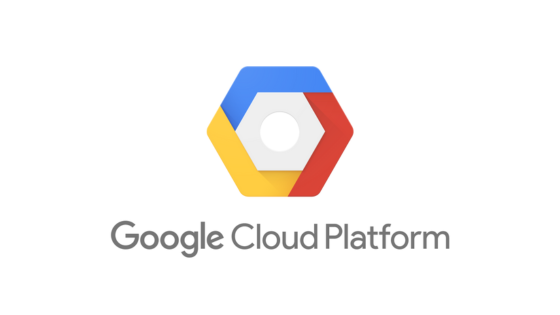Companies generate information all the time. But this information is not always used and analyzed correctly.
According to IBM, we generate an estimated 2.5 quadrillion bytes of data per day. However, much data remains behind the scenes and is not used for business growth.
To avoid this, it is necessary to create an own and useful information ecosystem. Setting and analyzing measurable and real objectives and KPIs. Then,
How to build an information analysis ecosystem to support your business?
1. Mainly: to make it accessible to all those who work in it.
Nowadays, not only people with knowledge in large databases, analysis or coding analyze and create reports. That is why the chosen system must allow to create, edit and analyze dashboards and reports without the need of coding. Thus, areas such as marketing and commercial can build their part without depending on someone else. Zoho Analytics allows you to do this through drag and drop.
2. Multiplatform analysis
Each area of the organizations adopts different tools and applications to develop their tasks. That is why a comprehensive analysis tool that can unify data from different platforms becomes necessary. The tool must allow to cross variables and measure their impact. For example, analyze the customer satisfaction rate of a help desk application versus the cancellations of a subscription application in one place. Or put an end to disputes between marketing and commercial teams by noting the true impact of marketing actions. Zoho Analytics also empowers organizations by creating transparency between teams.
3. Collaboration
We recommend that the tool enables collaboration between teams or areas to create a business culture based on information and a common goal. In addition, real-time collaboration can help to make faster decisions. Zoho Analytics ' collaborative features enable this. For example, your dashboards can be instantly shared with individuals or teams, ensuring fine-grained access control. You can even add comments in real time.
Today, KPI dashboards are indispensable for companies that want to build robust information ecosystems. Business analysts and managers must be attentive to the functionalities when choosing a platform that can help them build such a system.

Marketing Dashboard with information from 3 different sources.
What to observe mainly?
The answer depends on each business model, but we highlight what we believe is central to most organizations.
Your income and sales. This will determine your current situation and with them you will be able to make estimates to set future goals. With Zoho Analytics and its advanced forecasting feature it is possible to be realistic.

How your team is performing. Whether by area or in general, it is necessary to know the performance to know what to improve and what goals to set. Although each area will have working tools that make reports, to make a comprehensive and large-scale one suitable for each KPI, it is possible to use BI applications such as Zoho Analytics. This way, the achievement of objectives is evaluated and insights relevant to the business are detected.
Real-time sales performance. If you think there has been a significant change, you don't have to wait to generate a report. Managers can consult ZIA (Digital Assistant) to get answers on the spot thanks to artificial intelligence. Whether they are in an internal meeting, a presentation or require the data, ZIA knows the patterns, sales processes, changes and will return results relevant to the context.
Once objectives are set and the analytics platform is chosen, by incorporating these recommendations you will have the beginning of a solid information ecosystem. With endless possibilities going forward. At Expertizen we recommend and use Zoho Analytics because of its reach and ease of use for everyone in the company.



